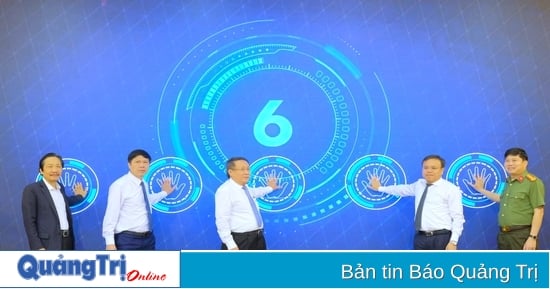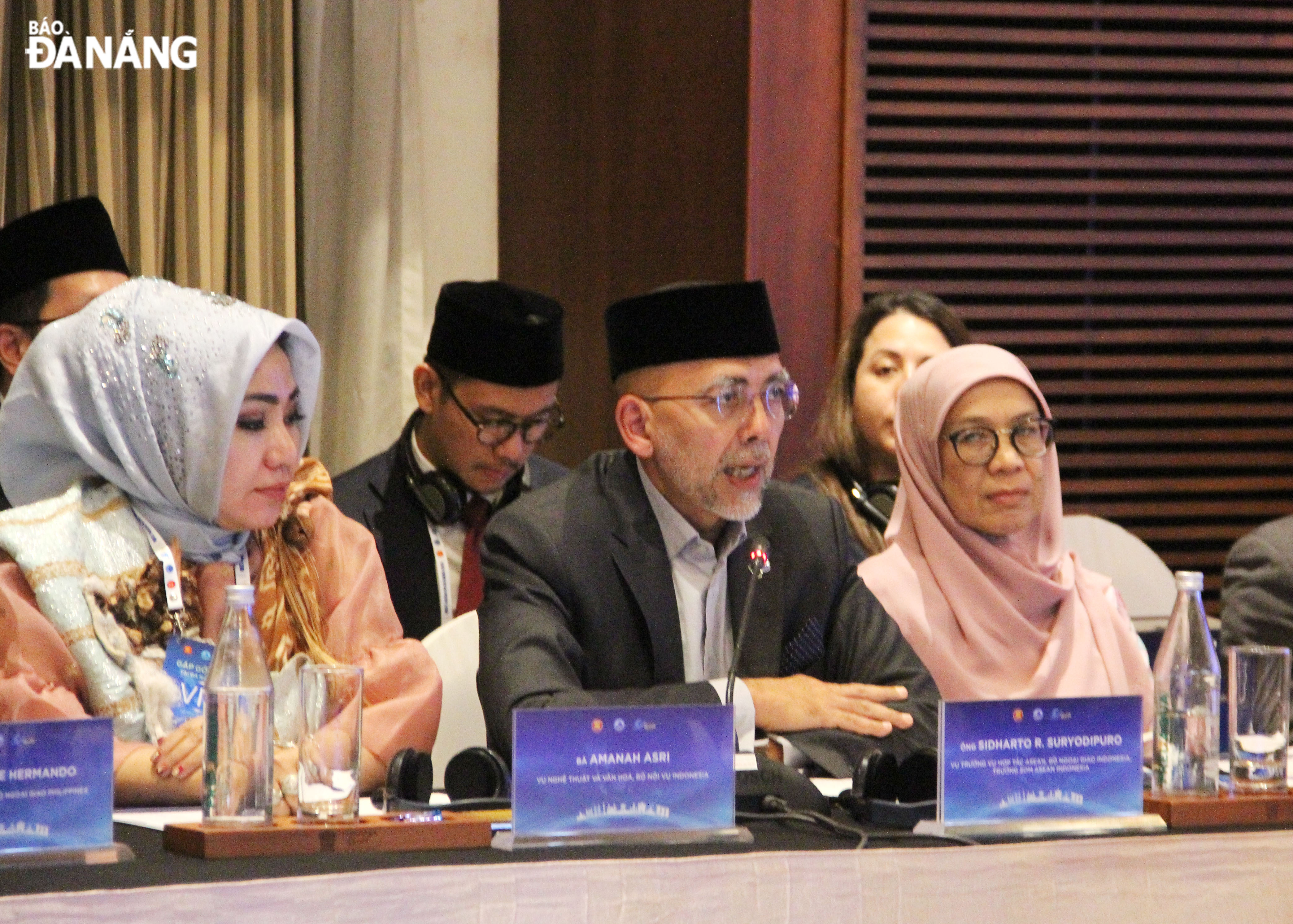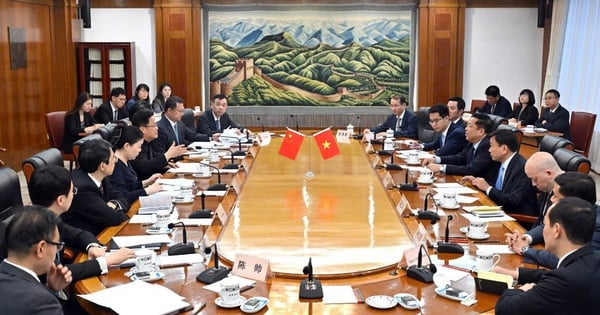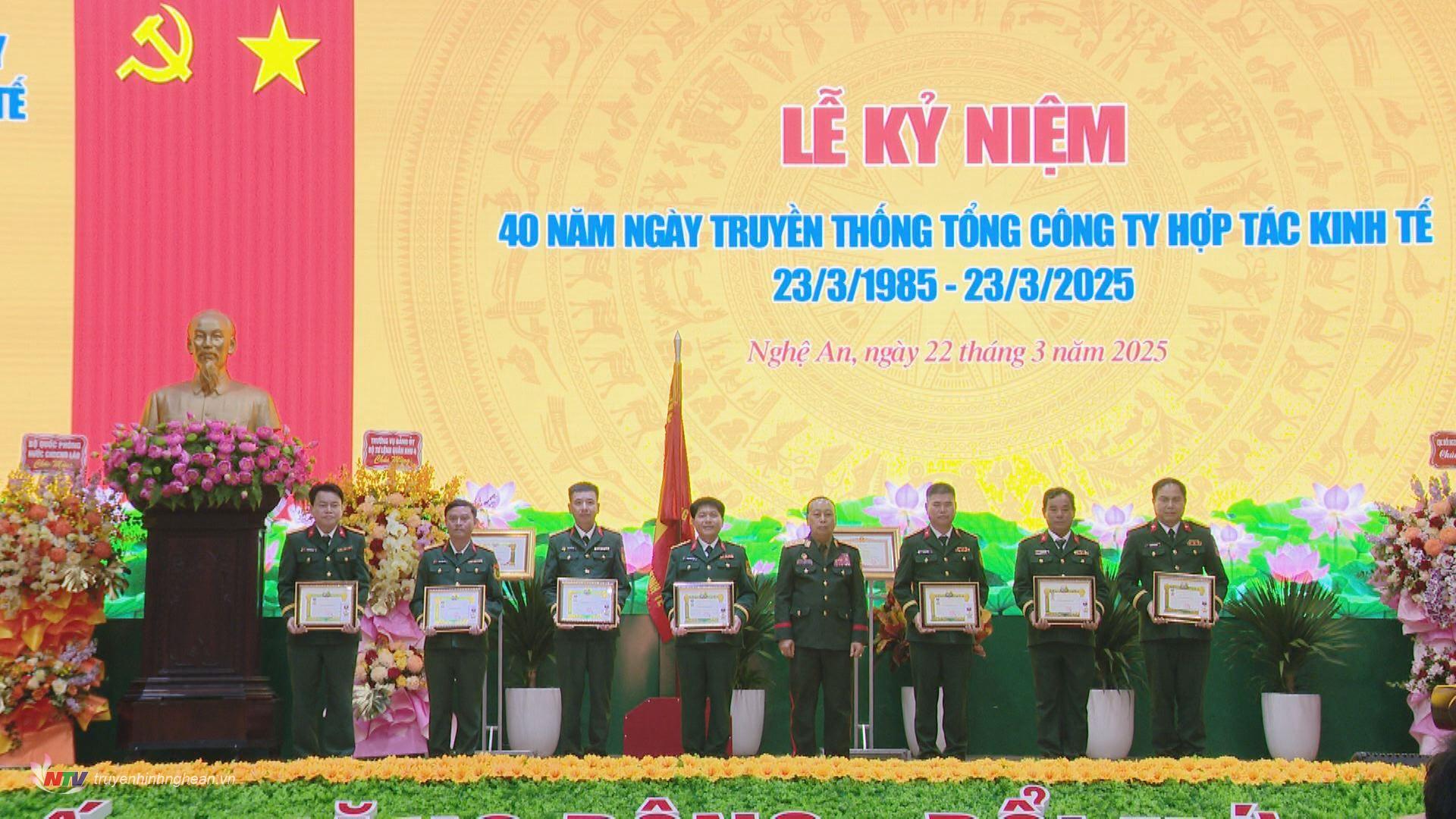
Candidates for management positions need to have good people skills, collaboration and communication - Photo: Forage
On her personal page, Ms. Nguyen Thanh Phuong, executive director of 1Academy, a specialized management academy, shared the criteria for considering appointing employees to management positions to avoid sentimentality, especially in units that do not have performance measurement and capacity assessment.
Skills are important criteria for management positions.
According to Ms. Phuong, in general, when there is no formal system to evaluate work performance and capacity, appointing an individual to a management position can be challenging, but still possible.
Among the criteria for assessment are the employee's abilities and skills , including leadership and initiative; learning and development readiness; along with problem-solving and decision-making skills, communication and team collaboration.
Leadership and initiative is the ability of a candidate to take initiative and informally lead in their current role. This may include leading projects, mentoring colleagues, or taking on a key role in emergency situations. Leadership potential is often demonstrated before an individual formally assumes a leadership role.
Meanwhile, a candidate's ability to learn quickly and adapt to new situations is also important for a management role, including openness to feedback, a desire to improve oneself, and the ability to pick up new skills.
As for skills , you can observe how a candidate handles complex problems, makes decisions under pressure, and overcomes challenges. The ability to think strategically and solve problems effectively can indicate their readiness for a management position.
In addition, candidates also need to have good interpersonal skills, collaboration and communication. According to Ms. Phuong, a potential manager should have the ability to communicate effectively, inspire and manage relationships within the team.
Candidates need to fit the culture of the organization.
In addition to skills, candidates also need to meet a number of other criteria when considering a management position, such as past performance and achievements, cultural fit and agreement with the organization's values, positive feedback from peers and supervisors, and potential for growth in a management role.
Even without a formal system, a candidate's past performance can be evaluated based on the projects, tasks, and responsibilities they have performed.
It is important to analyze the candidate's results, the challenges they have overcome, and their ability to meet or exceed goals, including qualitative comments from supervisors and peers about the candidate's contributions to the organization.
Another important factor is the candidate's fit with the company's culture and values, including how they embody the organization's principles, and how they promote these values in their day-to-day work.
Informal feedback from people who work closely with the candidate, such as colleagues and supervisors, can provide insight into the candidate's strengths, areas for improvement, and readiness for a management position.
Finally, in addition to current skills and experience, it is important to consider the candidate’s potential to grow into a management role. This involves the candidate’s ability to develop leadership skills, adapt to greater responsibilities, and manage larger teams or projects.
In short, these are factors that help provide a comprehensive view of a candidate’s readiness for a management position, even in the absence of a formal assessment system. To avoid bias, it is important to make promotion decisions based on qualitative data, observable behaviors, and the individual’s potential to succeed in a leadership role.
Candidate Evaluation Methods
To effectively assess the above factors, companies can use methods and approaches such as in-depth interviews to assess the candidate's ability to take on a management role, in which questions should focus on real-life situations that the candidate has experienced and related to skills such as leadership, problem solving, and communication; 360-degree assessments such as interviews or collecting feedback from the candidate's colleagues, superiors, and subordinates on the candidate's leadership, communication, and teamwork abilities.
Additionally, a track record can be analyzed, looking at projects and tasks the candidate has participated in or led, the results achieved, challenges overcome, and how the candidate achieved goals, and psychometric assessment tools or tests can be used to analyze the candidate's growth potential, including leadership, creative thinking, and learning abilities.
Candidates may be asked to prepare a personal profile, listing their skills, experience, achievements, and specific examples of how they applied those skills in practice, or be given hypothetical situations that a manager might face and then asked to describe how they would handle them.
Source: https://tuoitre.vn/tieu-chi-nao-de-bo-nhiem-nhan-vien-len-vi-tri-quan-ly-2024082314201373.htm





![[Photo] Overcoming all difficulties, speeding up construction progress of Hoa Binh Hydropower Plant Expansion Project](https://vstatic.vietnam.vn/vietnam/resource/IMAGE/2025/4/12/bff04b551e98484c84d74c8faa3526e0)

![[Photo] Closing of the 11th Conference of the 13th Central Committee of the Communist Party of Vietnam](https://vstatic.vietnam.vn/vietnam/resource/IMAGE/2025/4/12/114b57fe6e9b4814a5ddfacf6dfe5b7f)










![[Photo] Ba Duong Noi village kite festival receives national intangible cultural heritage](https://vstatic.vietnam.vn/vietnam/resource/IMAGE/2025/4/12/d25e0dec90c840e58a24e53f252efbb3)
















































































Comment (0)